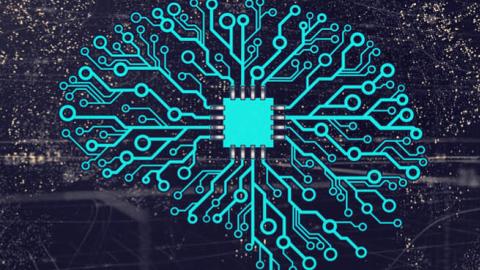Several years ago, I had a patient with a full stomach lose consciousness while under spinal anesthesia. Had the anesthetic spread to the patient’s brain, or had she just fallen deeply asleep, I wondered? If the patient was asleep, I could just let her sleep. But if the anesthetic had climbed toward her brain, she might have lost her cough reflex, which risked exposing her lungs to any food that might slip from her stomach into her windpipe. She would need a breathing tube to protect her airway. But she had a funny airway. Placing the tube would be difficult, and the struggle to do so might cause her to vomit and aspirate.
The BIS monitor that measures brainwaves to distinguish between natural sleep and general anesthesia read “borderline.” I carefully studied my patient’s face. Natural sleep often conveys an image of peace, while an anesthetic-induced sleep conveys an image of fear. In the latter, the cheeks are pale; the veins at the temples stick out repugnantly; the hair is busy and hectic, and dank with sweat; the nose is snotty, as if the owner were too harried to wipe it. When watching someone in real sleep, one has a sense of life reviving, that a tired spirit is putting forth fresh shoots. A person in an anesthetized sleep usually gives off an aura of despair. The difference is subtle, and yet I sensed my patient was naturally asleep. I decided to leave her be. It proved to be the right decision.
An artificially intelligent (AI) system might have decided otherwise, based on the patient’s gross appearance, BIS number, and aspiration risk. It might have tried to insert a breathing tube, causing the patient to vomit—and die. True, AI’s judgment may improve in the future. Many researchers think it will one day surpass natural intelligence, which would make my judgment as a doctor obsolete. At the 2006 “AI at Fifty” conference, 41 percent of attendees expected this to happen sometime after 2056 In a 2013 survey of the 100 most-cited authors in AI, respondents expected machines to “carry out most human professions at least as well as a typical human” around 2070. Only a small fraction of the survey’s respondents thought this would never happen.
Read the full article in The American Interest















